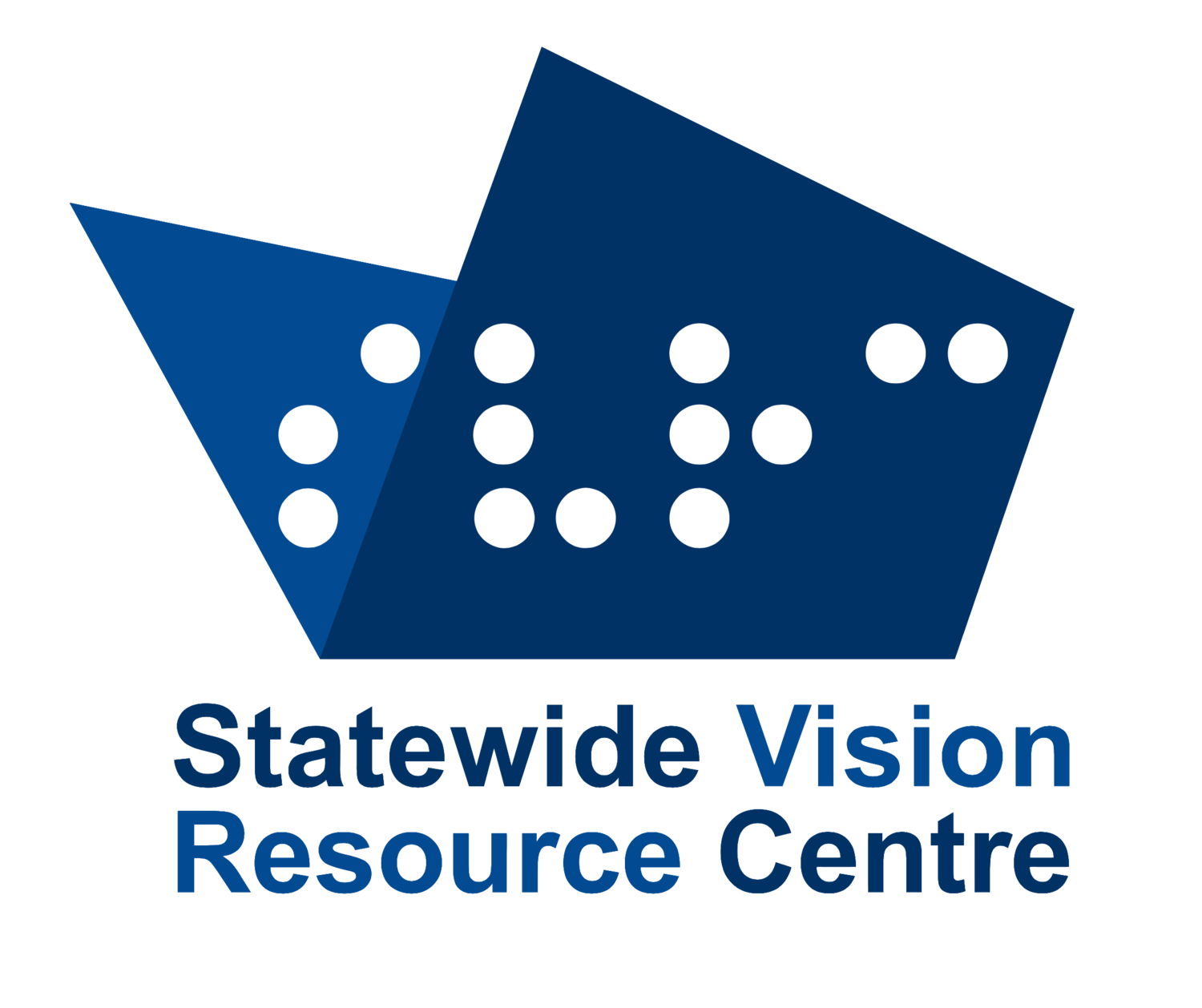Understanding Vision Impairment
A vision impairment is a loss of vision that cannot be corrected to normal range with glasses, contacts, medication or surgery. It may range from mild vision loss to total blindness.
Vision impairment can be stable or it can get worse over time. Conditions that affect your child’s vision can be congenital (from birth) or acquired as they get older as the result of disease or accident.
A vision impairment can be identified by a standard vision test carried out by an ophthalmologist, optometrist or doctor. It includes a test for near, distance and peripheral vision.
If your child has a vision impairment they may need extra learning support and/or reasonable adjustments at school - see the Education Department’s Students with Disability webpage for more information.
Vision Conditions
Different types of vision conditions may cause vision impairment. These may include:
Levels of Vision Impairment
If your child is partially sighted, they are likely to have plenty of useful vision, however, they may need some additional support at school.
If your child has a severe vision loss, their vision may be in the range of legal blindness. A person is legally blind if they cannot see at six metres what a fully sighted person can see at 60 metres.
Total blindness is where a person has no measurable or useful vision, and no light perception.
If your child is legally or totally blind, they will need additional support and reasonable adjustments in the classroom. This may include:
transcription of learning materials to provide access to print, for example using etext, braille etc
the teaching of the Expanded Core Curriculum so they can follow the general curriculum.
Find out more detailed information about levels of vision impairment on our eligibility requirements page.
If you have concerns about your child’s vision, see your local ophthalmologist, optometrist or doctor. You may need to get your child assessed through our Education Vision Assessment Clinic in order to establish eligibility for additional educational supports.
Early Diagnosis of Vision Impairment
Early identification of a vision impairment is important so that your child can access the additional support they may need. It can ensure that teachers and other professionals have all the information they need to best teach and support your child.
How a Vision Impairment May Affect My Child’s Education
If your child has a vision impairment, they can still learn, achieve and reach their full potential.
They may require some additional assistance at school to minimise the impact of their vision loss. Talk to your child’s teacher about the reasonable adjustments and extra learning support that are available to help enable your child’s full participation.
Please find out more about our services and contact us for more information regarding how we can support your child and their school.
